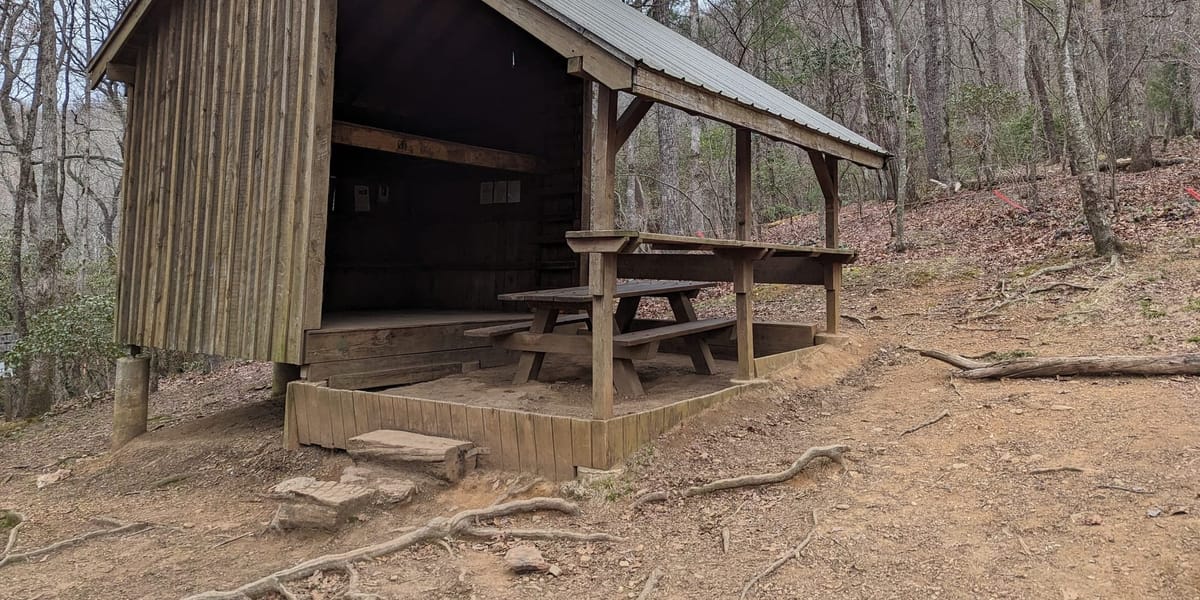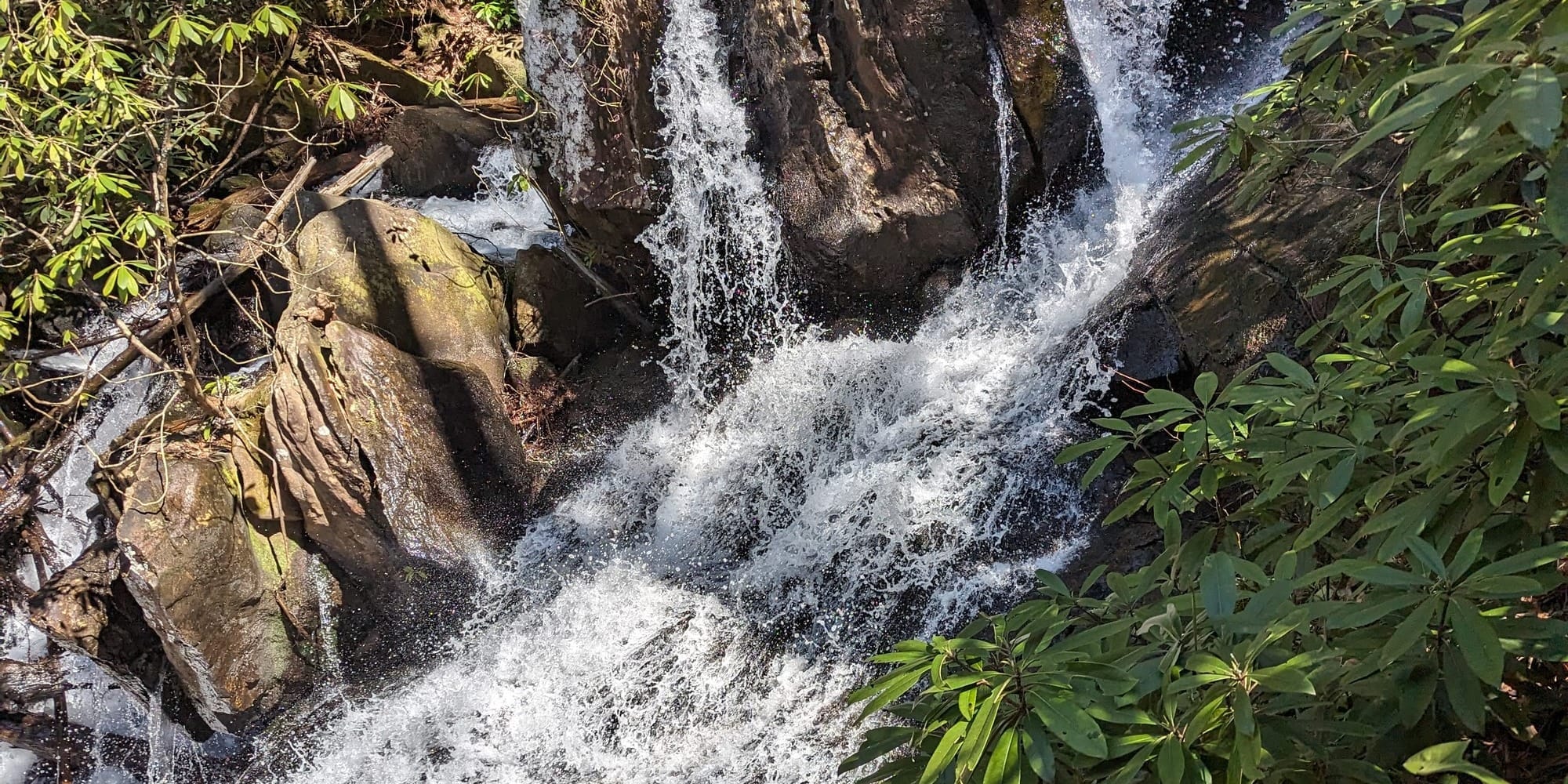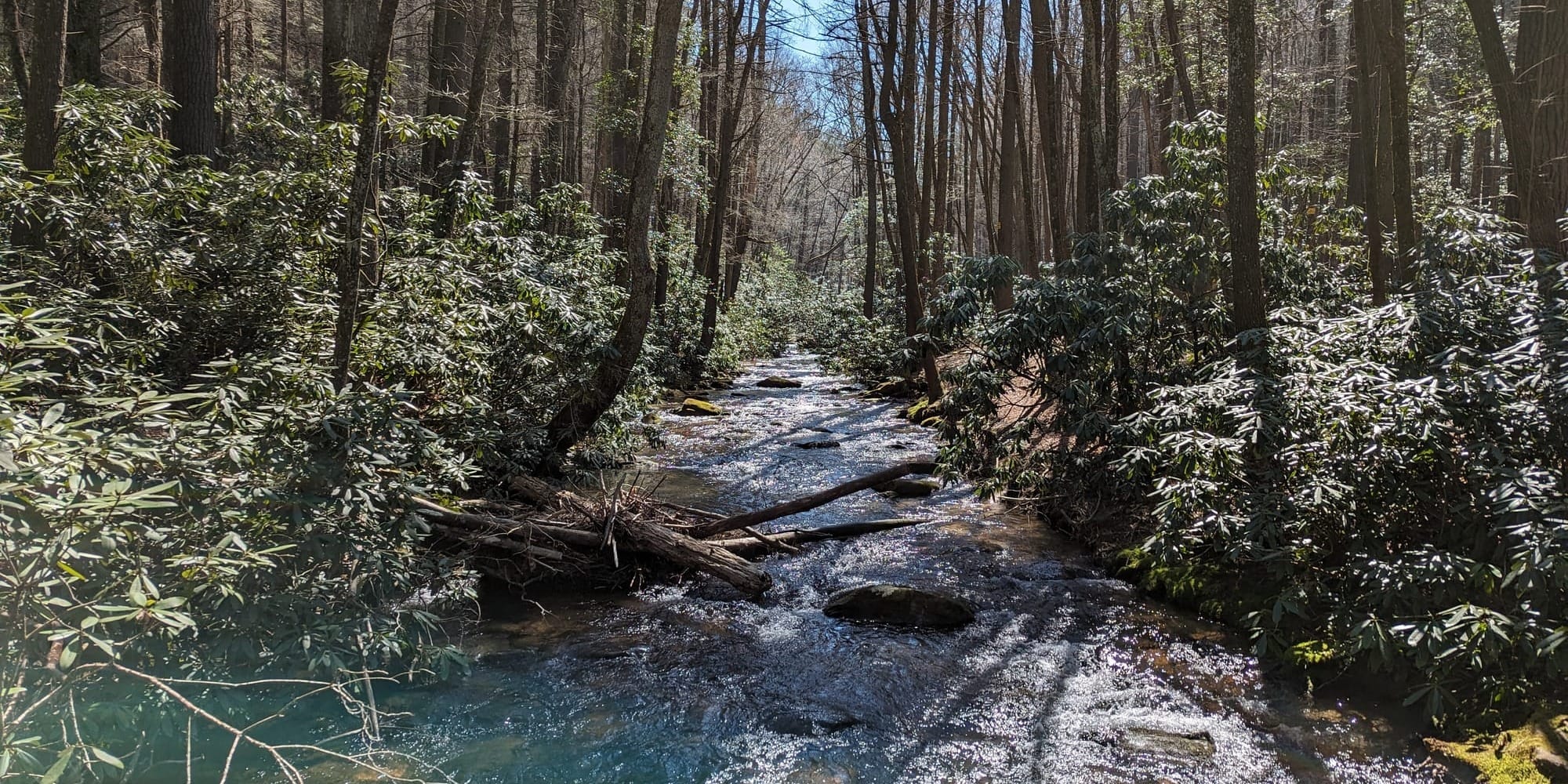On Need

A reflection on the hike from Springer Mountain to Hawk Mountain camp site on March 30.
On the trail less than a mile past the Springer Mountain shelter and camp site, where I had spent my first night on the trail, I came across a parking lot. The lot was full, probably participants and support for the weekend foot race event in the area. There was also a fellow going by the name Mountain Squid, handing out snacks for hikers.
I didn't particularly need any extra food, but I saw from his hand sanitizer that he was well enough aware of sanitation, so I took a muffin and stopped to chat. Turns out he lives a couple of towns away from me in Tennessee, and he told me about a local hiking club that I wasn't aware of. Small world.
Moving on, about a mile down the trail, I was approached by an older hiker, a man seeming to be at least in his 60's. He indicated that he needed help, and that he was "sick". He was obviously physically distressed. When I tried to interview him to find out what the problem was, he indicated that he didn't speak much English.
So I went down the list of fundamentals. Do you need water? No. Food? No. Sodium? Strange look. Salt? No. He wanted to get to the parking lot.
So I put down my pack, picked up his pack, and started carrying it back to the parking lot for him. Other folks on the trail picked him up by the arms and carried him behind. Squid found a ride for him. The other German hiker I had met yesterday spoke to him in German. In just a few tens of minutes from his ask for help, with the help of several people on and off the trail, he was on his way.
After making camp I walked on to the next site about half a mile down to meet people. While talking to a hiker from Kentucky, we were approached by a lady at the adjacent tent site asking how to send GPS coordinates over the phone.
It turned out that one of their group of three older hikers from Georgia had fallen on the trail earlier and was having ongoing head problems as a result, so they were trying to get an ambulance up to the nearby forest service road.
The hiker from Kentucky and I carried the injured hiker's equipment down the trail to the road, where the three hoped to all ride in the ambulance. It was getting dark, so we bade them farewell on the road and returned to camp.

Out here civil services begin to fall apart. Phone reception is bad to non-existent. Emergency responders are hours away. First they will go back and forth about which county you are in. Then they have to drive up a remote dirt or gravel road. If you can't find help getting to the road, they have to hike to you in whatever shoes they are wearing. If you can walk, they will not carry you. Even in the face of life-threatening emergencies, good luck finding a place for them to land a helicopter.
The first line of support for hikers is other hikers. Small problems are solved before they become bigger problems. Big problems are solved by bigger generosity.
I'd always been resistant to meeting people and socializing, but out here it's extremely easy. It's functional, we're all out here trying to accomplish something. Having someone to talk to makes the hike go by faster. Sharing knowledge costs very few calories and time is abundant at the beginning of the trip.
In the night we heard coyotes across the valley, reminding us that the world isn't all handouts. Hikers still compete for resources, from tent pads to car seats. Most exchanges are barters. Everybody is hiking their own hike with their own unique goals and constraints, and a unique set of needs.

By the morning of the third day, I would know of 5 hikers who had quit the trail prematurely.